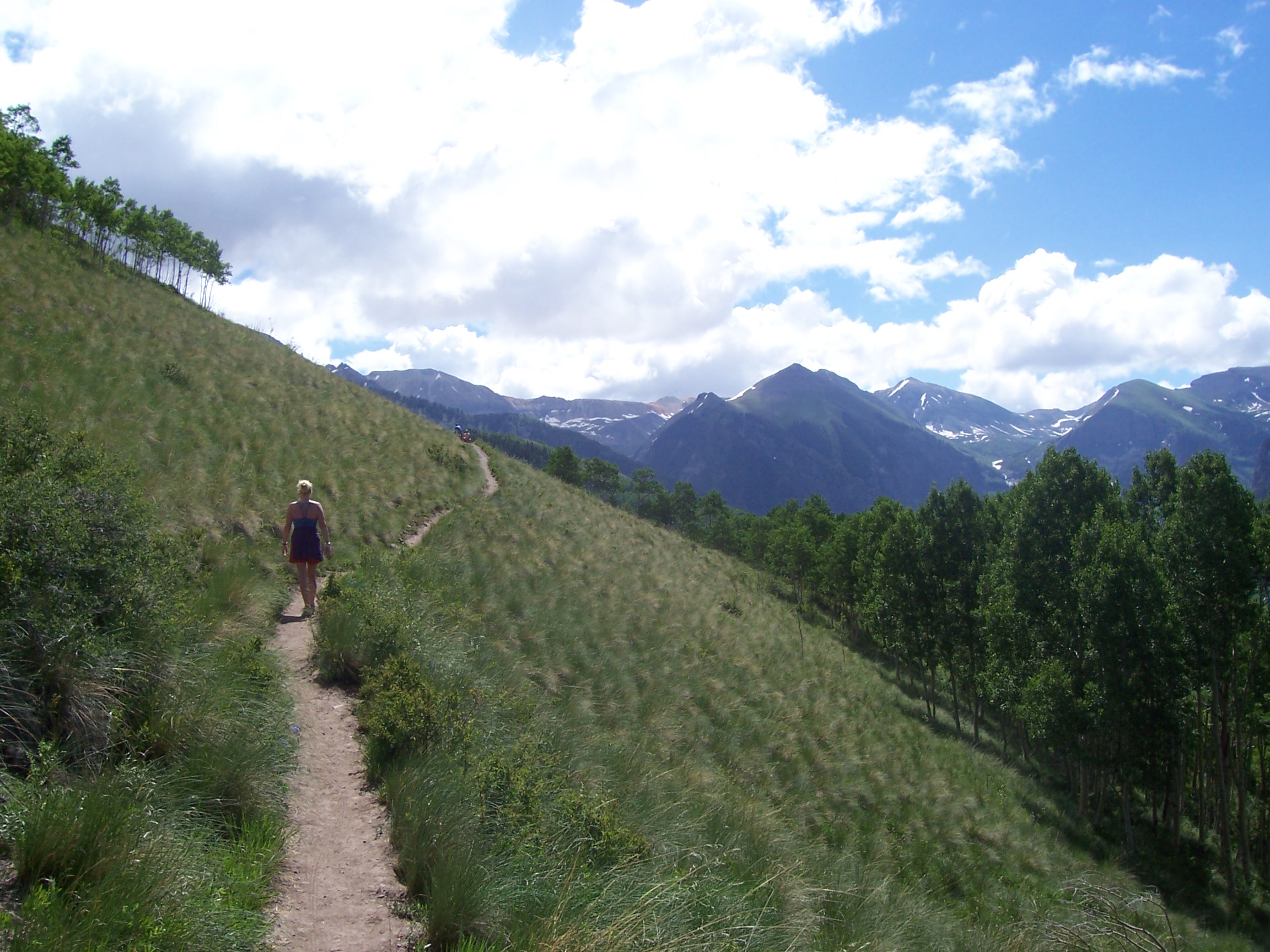Oregon Dept of Environmental Quality just published a report “Life Cycle Assessment of Drinking Water Delivery Systems: Bottled Water, Tap Water and Home/Office Delivery Water” that compares 48 different methods of delivering drinking water to consumers. It evaluates the environmental effects across the entire life cycle of single-use, five-gallon reusable and tap water delivery method and determines the variables (recycling rates, recycled content, dishwasher use, transportation distance, water treatment, secondary packaging, to name just a few) that go into the lifecycle.
The conclusion is that tap water has lower environmental impacts than bottled water which we all assume anyway, but the report views this question through the lens of “reduce, reuse, recycle”. (The news release from Oregon DEQ has a nice summary of the report. As David Allaway from the Oregon DEQ says:
“We often hear people express some variation of bottled water is bad for the environment because most of the bottles go to the landfill – now we have specific evidence to support this theory. “While recycling water bottles is better than disposing of them, the overall environmental impacts of tap water are much lower than the impacts of drinking bottled water regardless of whether the bottles are 100% disposed or 100% recycled. EX: PET bottle, recycled at a rate of 100%, has greenhouse gas impacts 46 times higher than the “best case” tap water scenario the study evaluated. Put differently, just because a packaging is recyclable (or recycled) doesn’t make it inherently “good for the environment”. The timeworn hierarchy of “prevent first, then recycle” makes good environmental sense.”



You must be logged in to post a comment.